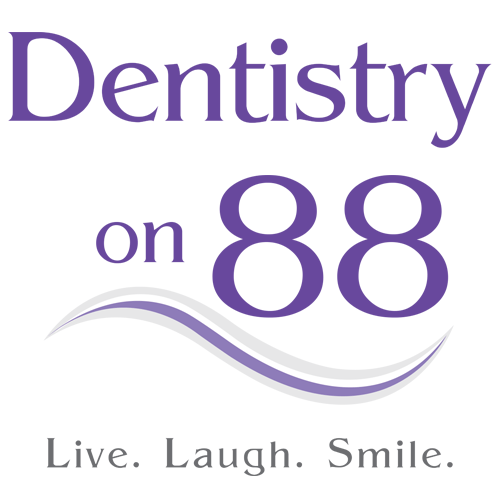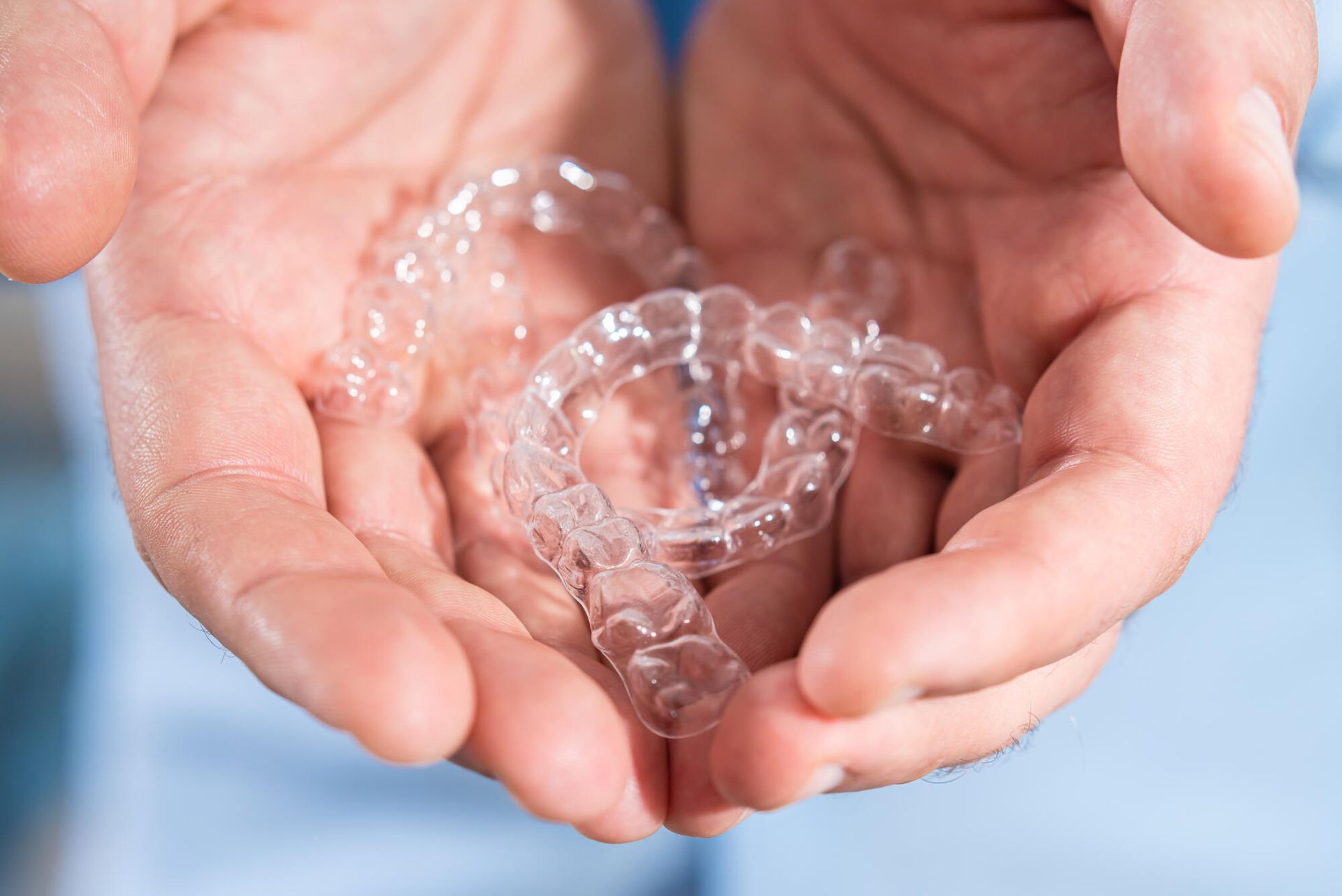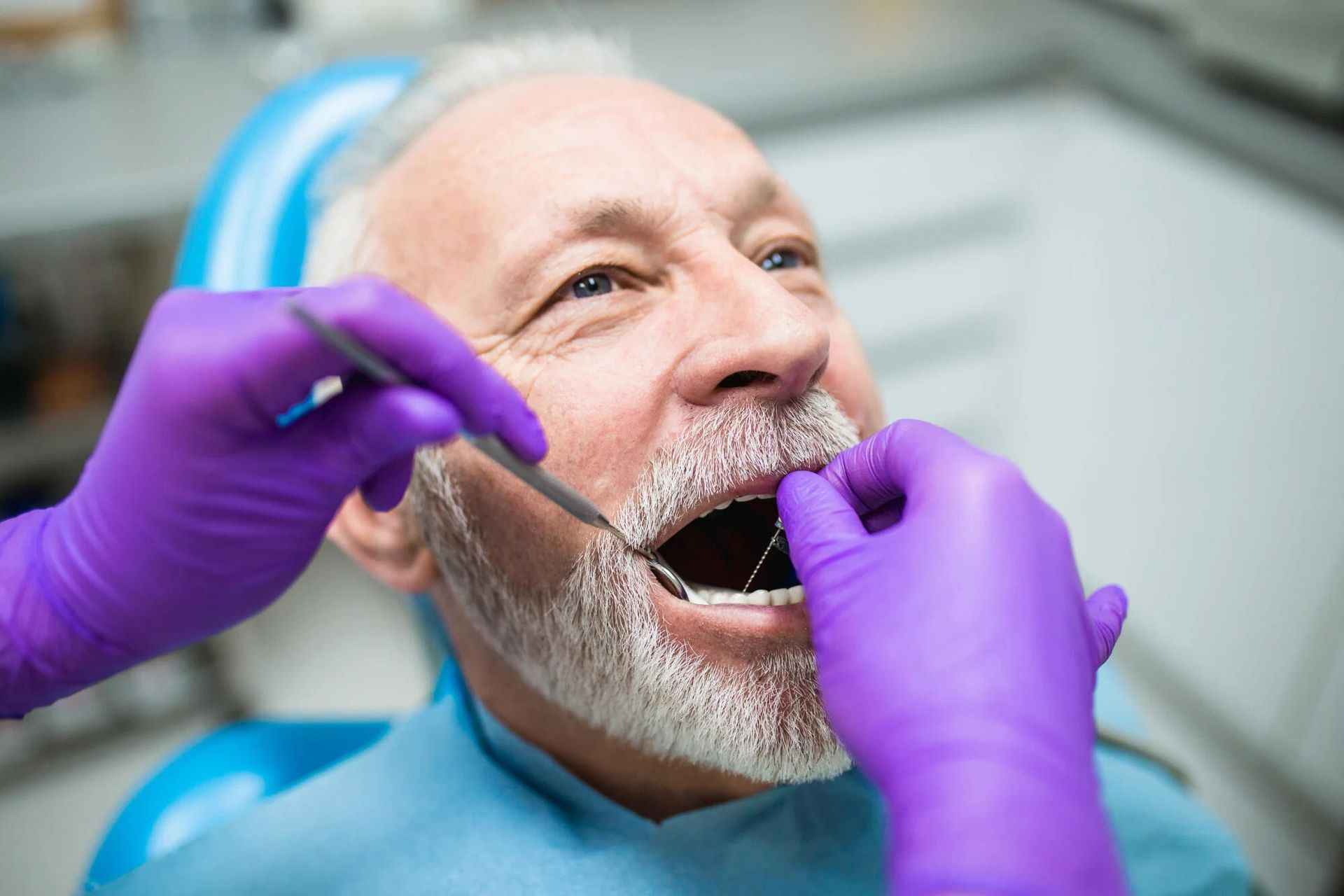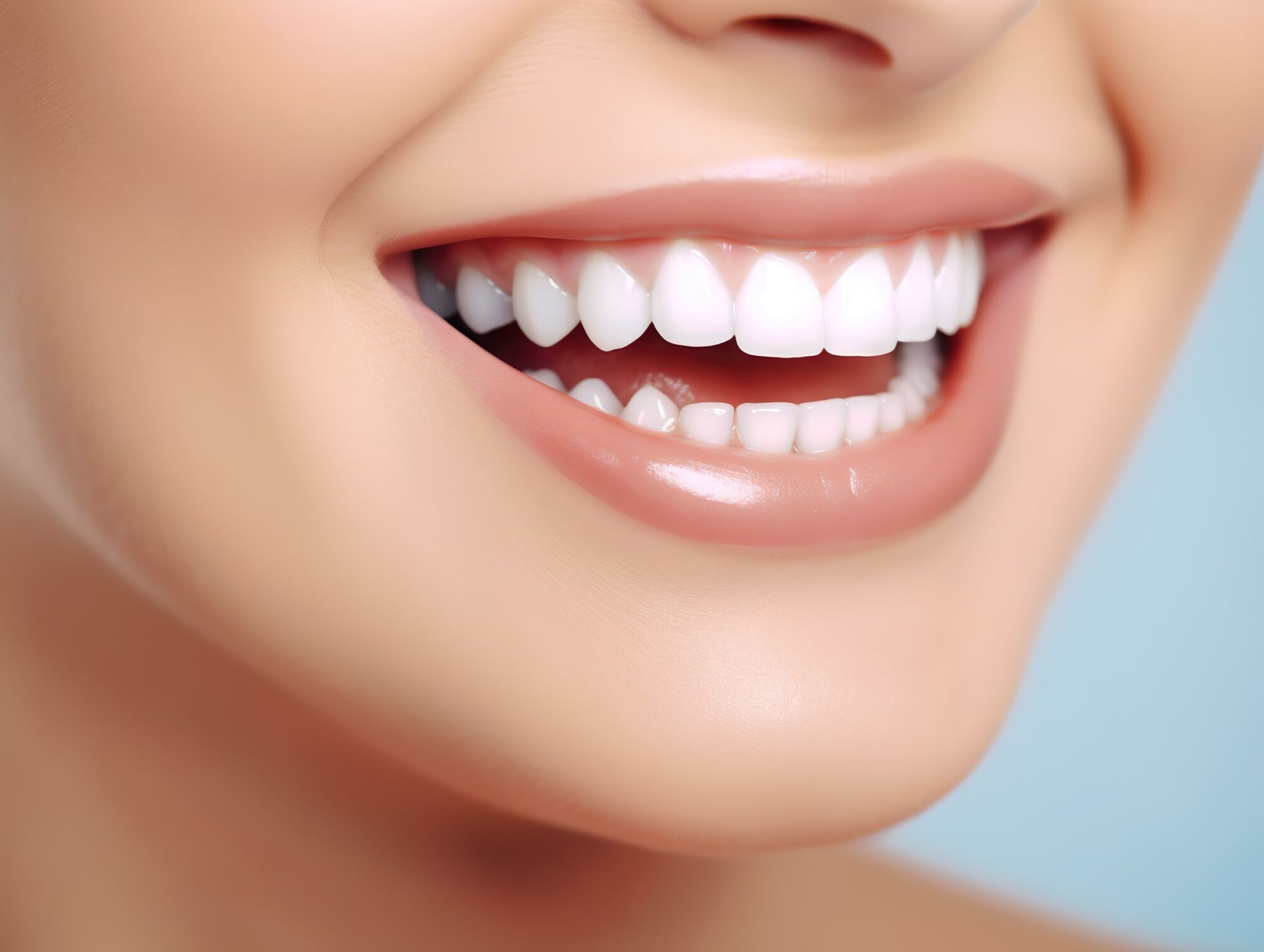Comparing Treatment Options for Gum Abscesses: Pros and Cons
Did you know that gum abscesses, a common dental issue, can lead to severe pain and tooth loss if left untreated? These painful infections often result from trapped bacteria, making proper treatment essential for oral health.
With so many options available, deciding which approach is best can be overwhelming. Today, we are examining the pros and cons of various treatment options, from home remedies to professional dental procedures.
Understanding Gum Abscesses
Gum abscesses are painful infections caused by bacteria trapped in the gums. They often result from poor oral hygiene, untreated cavities, or advanced gum disease. Recognizing the symptoms and understanding the causes is the first step in addressing this condition.
There are three main points to consider:
- What causes gum abscesses?
- How do gum abscesses present themselves?
- Why should gum abscesses be treated quickly?
What Causes Gum Abscesses?
Gum abscesses typically occur when plaque buildup leads to bacterial infections. Factors like gum injuries, food particles trapped beneath the gum line, or untreated tooth decay can create the perfect environment for an infection. Without proper care, this infection spreads and leads to the formation of an abscess.
How Do Gum Abscesses Present Themselves?
Common symptoms of gum abscesses include swelling, redness, and tenderness around the affected area. People often experience pain when chewing or applying pressure to the area. Sometimes, pus may drain from the abscess, and the individual might notice a foul taste or bad breath.
Why Should Gum Abscesses Be Treated Quickly?
Gum abscesses can lead to serious complications if left untreated. The infection may spread to surrounding tissues, bones, or even other parts of the body. Quick treatment prevents these risks and helps maintain oral health.
Over-The-Counter Remedies and Home Care
Over-the-counter remedies and home care options are often the first steps people consider for gum abscesses. These methods can provide temporary relief and are easy to access, but they may not fully resolve the underlying problem.
There are three main aspects of over-the-counter and home care remedies:
- Saltwater rinses and antiseptic mouthwashes
- Over-the-counter pain relievers
- Limitations of home care
Saltwater Rinses and Antiseptic Mouthwashes
Warm salt water rinses are one of the most common remedies for gum abscesses. They help reduce inflammation and encourage pus drainage.
Antiseptic mouthwashes, available over the counter, can kill bacteria and help clean the affected area. While these solutions can ease discomfort, they do not cure the infection.
Over-The-Counter Pain Relievers
Medications like ibuprofen or acetaminophen can help manage pain and reduce swelling. They are widely available and can improve comfort while you explore additional treatment options. Pain relievers, however, only mask the symptoms without addressing the infection.
Limitations of Home Care
Though these remedies can offer some relief, they do not replace professional treatment. Gum abscesses often require a dentist's intervention to eliminate the infection. Relying too long on home care can allow the condition to worsen, leading to more serious complications.
Professional Drainage and Cleaning
Professional drainage and cleaning are common treatments for gum abscesses, particularly when home remedies fail to provide relief. This method addresses the root of the infection and ensures the affected area is thoroughly cleaned.
There are three primary aspects to understand about this treatment:
- How professional drainage works
- The benefits of professional cleaning
- The potential downsides to consider
How Professional Drainage Works
Dentists typically begin by examining the abscess and determining its severity. The procedure involves making a small incision in the abscess to allow the pus to drain.
It relieves pressure and reduces pain almost immediately. After draining, the area is thoroughly cleaned to remove any debris or bacteria that could cause the infection to return.
The Benefits of Professional Cleaning
Professional cleaning goes beyond the immediate relief provided by drainage. By thoroughly cleaning the gums and surrounding teeth, dentists help prevent future infections. This treatment is especially effective for patients with underlying issues like periodontal disease. It not only treats the abscess but also contributes to better overall oral health.
The Potential Downsides to Consider
While professional drainage and cleaning are adequate, some patients may experience discomfort during or after the procedure. There are also costs to consider, especially for those without dental insurance. However, the long-term benefits often outweigh the temporary drawbacks.
Antibiotic Treatments
Antibiotic treatments are often recommended for gum abscesses when the infection is severe or has the potential to spread. While antibiotics cannot directly eliminate the cause of the abscess, they help control the disease and reduce the risk of complications.
There are three key aspects to consider when evaluating antibiotic treatments:
- How antibiotics work for gum abscesses
- The benefits of using antibiotics
- The potential drawbacks of antibiotic treatments
How Antibiotics Work for Gum Abscesses
Antibiotics are prescribed to fight the bacterial infection responsible for a gum abscess. The medications work by either killing the bacteria or stopping its growth. Common antibiotics for dental infections include amoxicillin and metronidazole.
Dentists typically prescribe antibiotics alongside other treatments, such as drainage or deep cleaning, to ensure the infection is fully resolved.
The Benefits of Using Antibiotics
Antibiotics can prevent the infection from spreading to other parts of the body. They are particularly effective for people with compromised immune systems or for abscesses that have caused swelling beyond the gums. By reducing the infection's severity, antibiotics often relieve pain and discomfort.
The Potential Drawbacks of Antibiotic Treatments
While antibiotics are effective for controlling infections, they do not address the root cause of the abscess. Relying solely on antibiotics without professional dental care may lead to recurring issues.
Some people may also experience side effects like nausea, diarrhea, or allergic reactions. Overuse of antibiotics can contribute to antibiotic resistance, making future treatments less effective.
Oral Health Solutions: Dental Abscess Treatment
Gum abscesses require timely care to prevent complications and maintain oral health. From home remedies to professional treatments, each option has benefits and limitations.
At Dentistry on 88, our Bradford dental team proudly serves Bradford West Gwillimbury, Bond Head, Holland Landing, and Innisfil. Dr. Arif Virani values patient care and education and offers tailored dental services to meet your needs. Contact us today to find out how we can help treat your gum issues!












